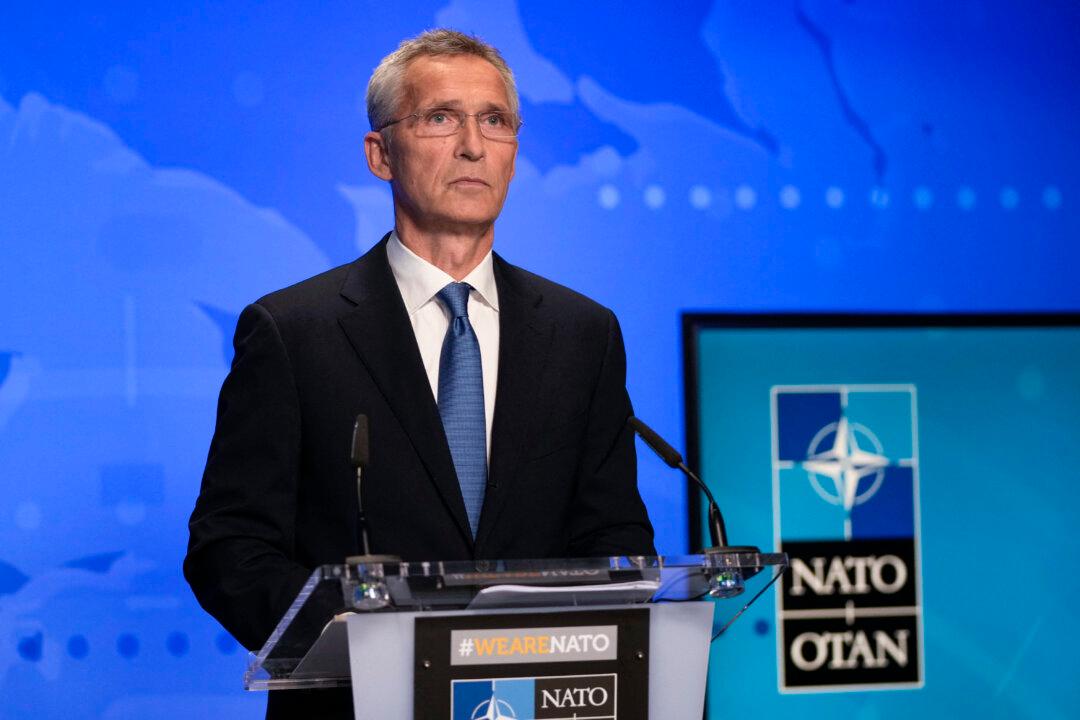NATO Secretary General Jens Stoltenberg has urged the People’s Republic of China (PRC) to be transparent about its expanding nuclear arms program during a meeting with State Councilor and Minister of Foreign Affairs Wang Yi.
The NATO secretary general and the PRC foreign minister connected during a virtual meeting on Sept. 27 where they discussed NATO-China relations and current international security challenges, Stoltenberg’s office announced in a statement.




